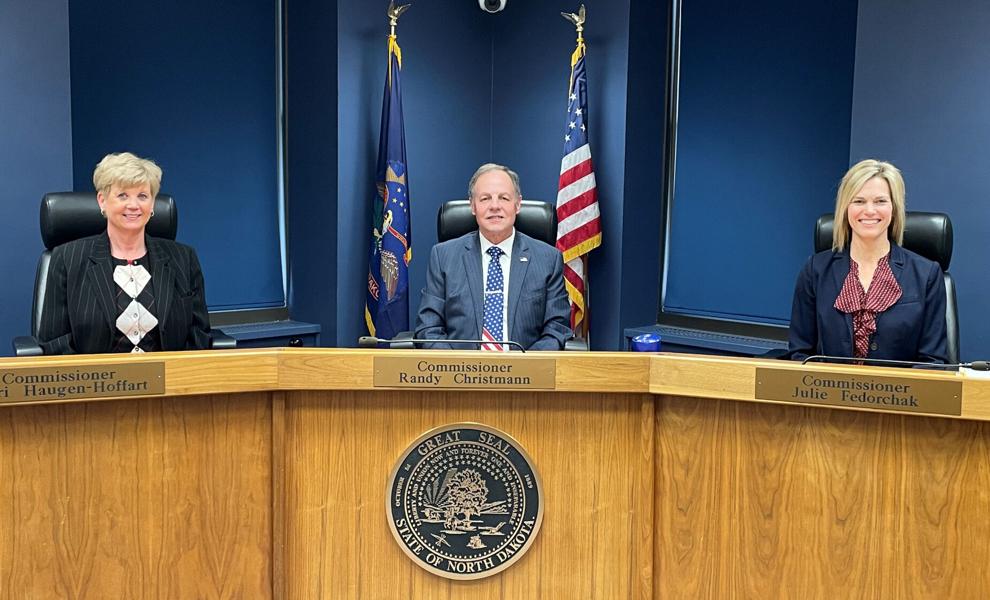More hearings in North Dakota on carbon dioxide pipeline project

(The Center Square) – Hearings are scheduled for a carbon dioxide pipeline initially rejected by North Dakota regulators, keeping the multi-state project alive.
North Dakota regulators rejected Summit Carbon Solutions’ application for the CO2 pipeline. The company was allowed to re-submit the project.
North Dakota is an essential state for the project. Summit has partnered with 57 ethanol plants, but the carbon storage facility is located in North Dakota, according to information from the company. The other states along the pipeline’s path are Iowa, Minnesota, South Dakota and Nebraska.
The North Dakota Public Service Commission has scheduled hearings for April 22, May 24 and June 4, according to the docket posted online.
Summit first announced the pipeline project in 2021 but has faced many hurdles along the way.
South Dakota regulators rejected Summit’s pipeline application last fall. Lawmakers passed a bill that allows the South Dakota Public Service Commission to supersede county and municipal zoning laws deemed “unreasonably restrictive.” Counties could collect a $1 surcharge per linear foot of carbon dioxide pipeline in their county. Two other bills addressed eminent domain issues. House Bill 1185 requires companies to give landowners 30 days’ notice before surveying the property and one-time payments of $500. House Bill 1186 would return easements to the landowner if the pipeline company does not get a permit within five years. Gov. Kristi Noem signed the bills, making them law.
Summit officials said they plan to refile the application with South Dakota regulators.
The Iowa Utilities Board held hearings last year but has not made a decision. Iowa lawmakers are considering a bill allowing homeowners to take court action on eminent domain seizures before they are considered by IUB rather than after IUB action. Public comments on the legislation mentioned the Summit project.
“We have seen what the utilities board process is like and we’ve seen what the whole hazardous liquid pipeline process is like,” said Jessica Mazour of the Iowa Chapter of the Sierra Club during a subcommittee hearing on the bill. “And it’s been completely unfair.”
Residents said they are concerned about the pipeline’s safety. Kenneth Clarkson, communications director for Pipeline Safety Trust, said in an email to The Center Square that their concerns are valid.
“CO2 is an asphyxiant and intoxicant, does not burn, is heavier than air, and not to mention is odorless and colorless,” Clarkson said. “Its unique properties pose a serious public safety risk in the event of rupture, explosion, or incident. As it stands, CO2 pipelines lack important common-sense safety regulations that could address some of their dangers.”
About 5,300 miles of carbon dioxide pipelines currently exist, with a safety rating of 99.0% and no fatalities in the past 20 years, according to Summit.
Summit is exceeding federal regulations with the project and working with local emergency managers, the company said in its online safety presentation.
“Once state permits have been issued and a firm construction schedule is developed, Summit will again meet with local EMs (emergency managers) to discuss the quantity of air monitoring equipment to purchase, evaluate other requested equipment needs and initiate preparedness training scheduling with first responders,” the presentation said.











